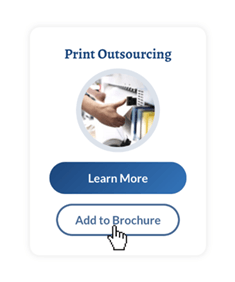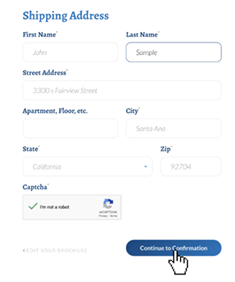Billing, Collections and Payments, Healthcare & HIPAA, Healthcare Printing
Improve Revenue Cycle Management Through Outsourcing Print and Mail

Revenue cycle management (RCM) is a critical process that involves managing the administrative and clinical functions associated with claims processing, payment, and revenue generation. Efficient RCM ensures that healthcare organizations remain financially healthy and can continue to provide high-quality care. Outsourcing healthcare printing and mailing can significantly enhance the efficiency of healthcare RCM. This article explores how these services can streamline operations, reduce costs, and improve patient satisfaction.
Understanding the Importance of Revenue Cycle Management in Healthcare
What is Revenue Cycle Management?
Revenue Cycle Management (RCM) is the financial process that healthcare providers use to track patient revenue from the initial appointment to the final payment. This approach integrates both administrative and clinical functions to maximize revenue and streamline operations. RCM encompasses various stages, including appointment scheduling, insurance verification, medical coding and billing, claims processing, payment collection, and denial management. By implementing effective RCM strategies, healthcare organizations can improve cash flow, reduce billing errors, and enhance patient satisfaction.
Key components of RCM include:
- Patient Access: Appointment scheduling, insurance eligibility verification, and pre-registration
- Clinical Documentation: Accurate capture of services provided and diagnoses
- Charge Capture: Translating clinical services into billable charges
- Claims Management: Submitting clean claims to payers and managing denials
- Patient Billing: Generating clear, accurate statements and facilitating patient payments
- Collections: Following up on unpaid balances and managing accounts receivable
Effective RCM is crucial for healthcare providers to maintain financial stability, reduce administrative burdens, and improve patient satisfaction.
By implementing advanced RCM strategies, healthcare organizations can:
- Reduce claim denials and accelerate reimbursement
- Improve cash flow and financial performance
- Enhance patient experience through transparent billing practices
- Ensure compliance with ever-changing healthcare regulations
As the healthcare landscape evolves, RCM continues to adapt, incorporating technologies like artificial intelligence and machine learning to drive efficiency and accuracy. Healthcare providers who prioritize robust RCM practices are better positioned to thrive in an increasingly complex and competitive environment.
Why is RCM Important to the Healthcare Industry?
Revenue cycle management is crucial for ensuring that healthcare organizations receive timely and accurate reimbursement for the services they provide. By streamlining administrative and clinical functions, RCM increases revenue while reducing the administrative burden on staff. It helps identify and resolve points of friction in the revenue cycle, minimizing errors and claim denials, which can significantly impact financial health.
Effective RCM enhances patient satisfaction by providing clearer information about financial responsibilities and streamlining the billing process. It also enables data-driven improvements, allowing organizations to pinpoint errors and optimize the entire care process from scheduling to final payment. Ultimately, RCM supports operational continuity, adapts to industry changes, and fosters financial transparency, making it essential for the sustainability and success of healthcare providers.
Revenue Cycle Management Challenges for Healthcare and Insurance Providers
Healthcare providers face numerous challenges in managing their revenue cycles:
Timely Payment Collections
- Nearly 50% of healthcare leaders cite timely patient collections as their biggest challenge.1
- Collecting payments from patients can be challenging, with 74% of providers taking over a month to collect payments.2
Claim Denials
- A March 2024 survey found that 60% of medical group leaders reported an increase in their practices’ claim denial rates for the current year3
Administrative Burdens
- Many practices spend excessive time on RCM tasks, detracting from patient care.
Regulatory Compliance
- Adapting to ever-changing healthcare regulations, such as the No Surprises Act, requires constant adjustments to revenue cycle workflows.
Lack of Visibility into Revenue Cycle Performance
- Many healthcare providers struggle to gain deep insights into their revenue cycle performance, making it difficult to identify areas for improvement and optimize their RCM processes.
Patient Data Management and Accuracy
- Inaccurate patient information and data entry errors can lead to billing issues, claim denials, and delayed payments, significantly impacting the revenue cycle
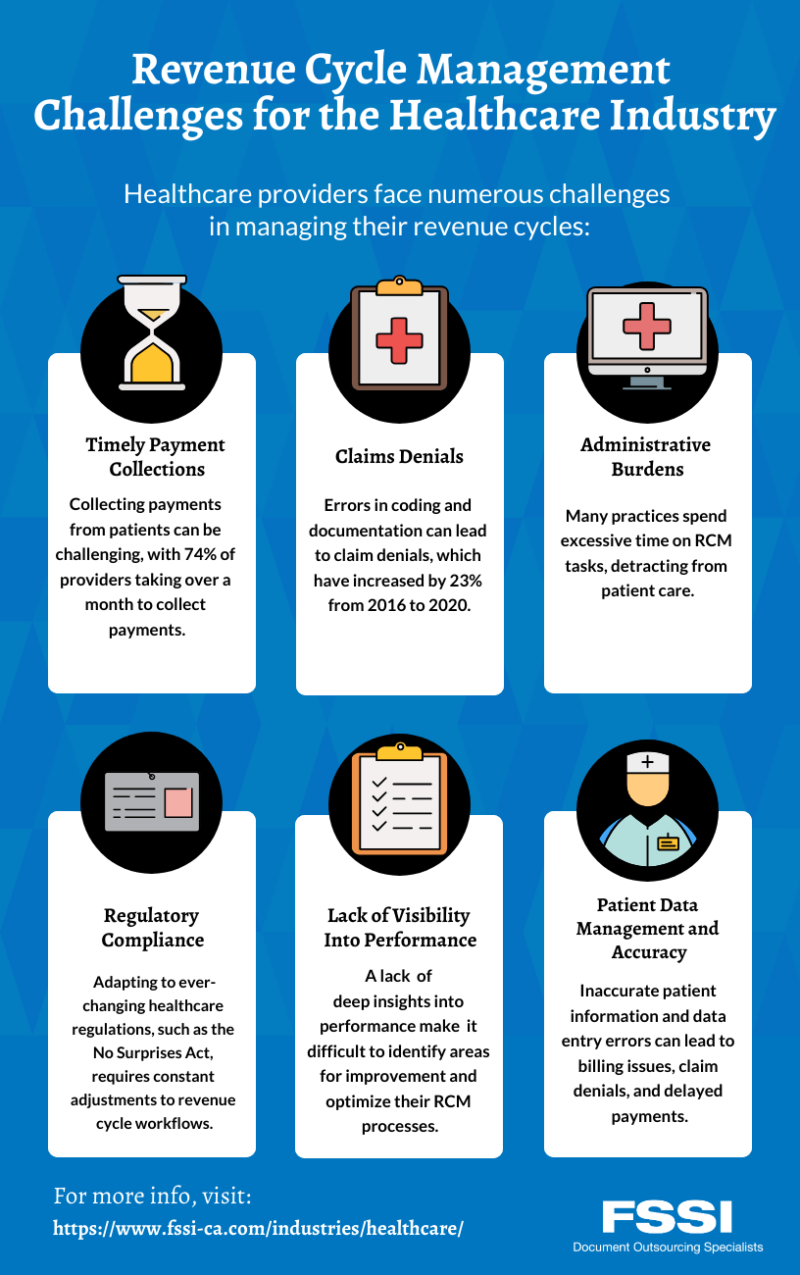
The Role of Print and Mail Solutions in RCM
Outsourcing print and mail solutions can streamline various aspects of healthcare revenue management. Here’s how FSSI’s services can help:
Improved Billing Accuracy and Timeliness
Outsourcing ensures that patient billing statements are accurate and delivered on time, reducing delays in payment collections. Key benefits include:
- Patients receive their bills promptly, reducing payment delays. This ensures timely delivery of documents and quicker payments.
- Minimizes errors in billing statements, reducing the likelihood of claim denials.
Enhanced Patient Communication
Effective communication is crucial for patient satisfaction and timely payments. Outsourced print and mail solutions can provide personalized patient communications that:
- Educate patients and provide clear explanations of charges and payment options.
- Increase engagement using personalized messages to improve patient response rates and satisfaction.
Automation and Efficiency
Automation reduces administrative burdens and improves efficiency. Outsourced services can:
- Ensure routine tasks are performed accurately and help reduce manual errors.
- Streamlined workflows free up staff to focus on critical tasks, such as patient care and complex claim issues.
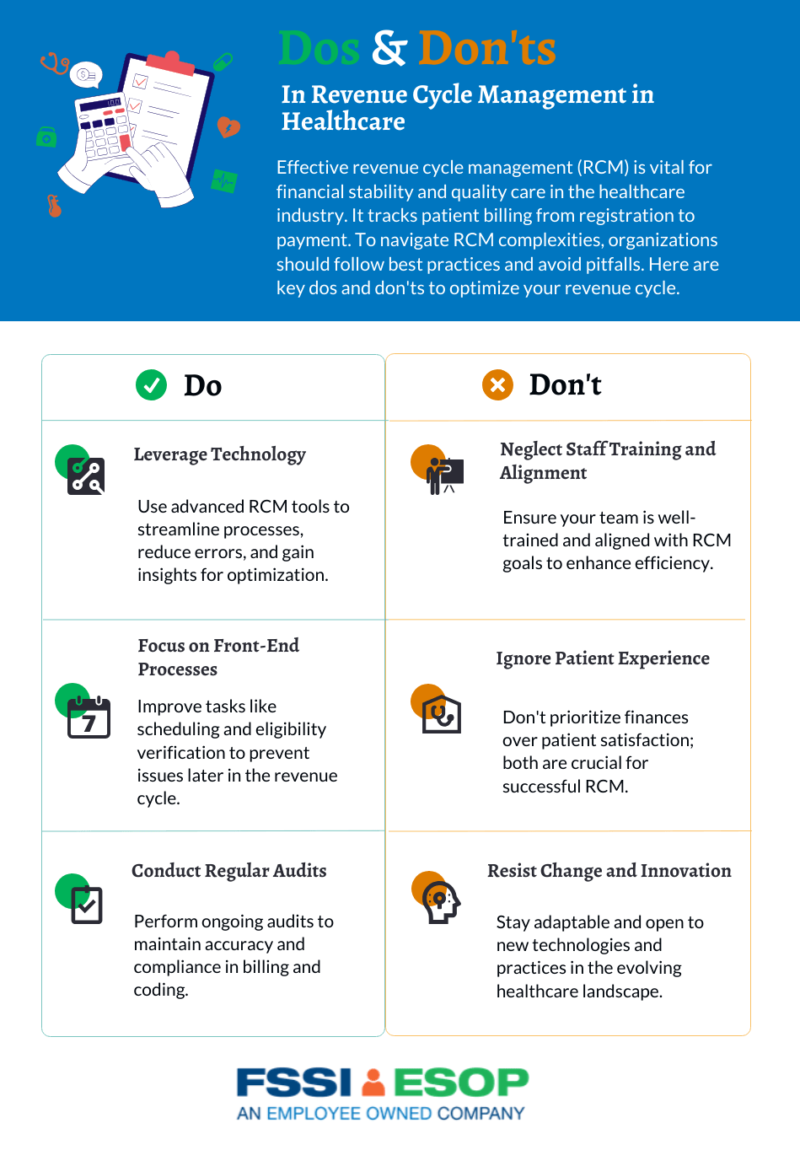
Best Practices for Selecting a Third-Party Print and Mail Service for Healthcare
When choosing a third-party print and mail service for healthcare, consider these five essential factors:
HIPAA Compliance and Data Security
Ensure the vendor is fully HIPAA compliant and implements robust security measures to protect patient data. Inquire about their data encryption practices and any history of data breaches.
Healthcare Industry Experience
Select a vendor with extensive experience in healthcare printing and mailing. Their familiarity with healthcare regulations and processes is crucial for producing compliant materials.
Technology and Capabilities
Look for advanced capabilities such as Variable Data Printing (VDP) for personalized communications. Ensure they have secure data transfer options and rigorous quality testing procedures.
Quality Control Processes
Inquire about the vendor’s quality assurance measures to minimize errors in sensitive communications. A strong track record in avoiding compliance violations is essential.
Customization and Reporting
Choose a vendor that offers customizable patient communications to enhance engagement and provides detailed reporting on print and mail campaigns to track effectiveness.
By focusing on these key factors, healthcare organizations can select a reliable print and mail partner that meets their specific needs while ensuring compliance and security.
FSSI’s Print and Mail Solutions for Healthcare
FSSI offers comprehensive print and mail solutions designed to enhance healthcare RCM. Key services include:
- Patient Statement Printing and Mailing: Ensures accurate production output from a HIPAA-certified facility.
- Letter Template Management: Allows healthcare teams to create and update patient documents efficiently.
- Workflow Tracking and Reporting: Provides real-time job status and inventory monitoring.
- Electronic Bill Presentment and Payment: Offers various electronic formats and remittance options, including online payment capabilities.
- Multichannel Patient Communications: Includes print, email, and SMS text messages, ensuring optimal patient engagement and adherence to regulations.
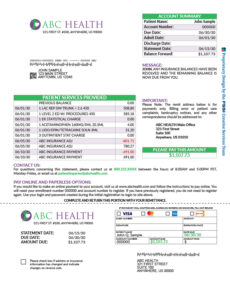
Transform Revenue Cycle Management with FSSI’s Print and Mail Solutions
FSSI’s print and mail solutions offer a strategic advantage for healthcare providers looking to enhance their revenue cycle management. By ensuring timely and accurate billing, improving patient communication, and automating routine processes, FSSI helps healthcare organizations reduce administrative burdens and accelerate payment collections. This ultimately leads to improved financial health and the ability to continue providing high-quality care to patients.
For more information on how FSSI can help your healthcare organization improve its revenue cycle management, contact us today.
Sources:
1https://hitconsultant.net/2024/01/24/patient-collections-top-revenue-cycle-worries-for-healthcare-providers
2https://www.techtarget.com/revcyclemanagement/news/366601892/Patient-Collections-Takes-Over-a-Month-for-Most-Providers
3https://www.mgma.com/mgma-stat/strategic-improvements-in-your-rcm-to-reduce-your-practices-claim-denials

